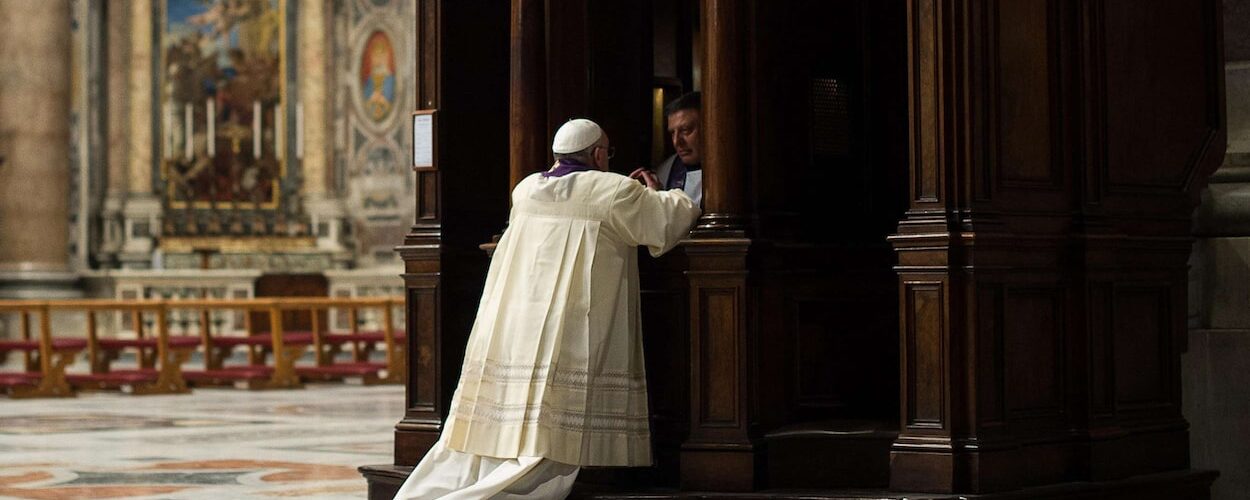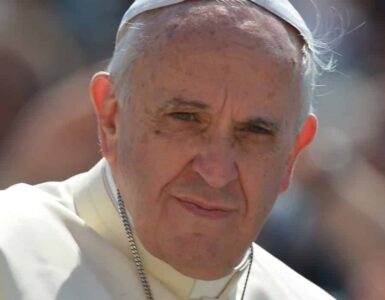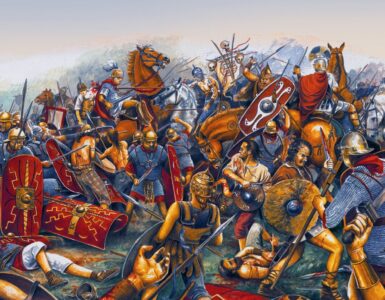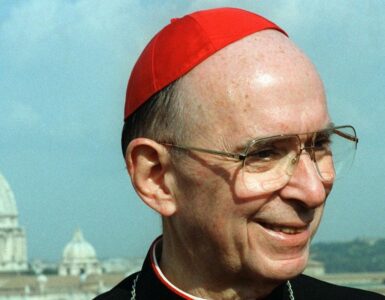Whether one agrees completely with his way of doing things or not, the pontificate of Pope Francis was surely a great milestone in the history of the Catholic Church of nowadays.
Already the name chosen by Cardinal Jorge Mario Bergoglio says much about this special pontificate, Francis. Obviously, St Francis of Assisi. The Poverello was the one who not only preached the word of God but incarnated it in his words and gestures. That is why in his 7 Admonition, he says: The Apostle says: “The letter kills, the spirit however vivifies” (2 Cor 3:6). Those are dead by the letter who desire to know only the words, so as to be held as wiser men among others and be able to acquire great riches to be given to relatives and friends. And those religious are dead by the letter, who do not know how to follow the spirit of the divine letter, but only desire to know great words and to explain them to others. And those have been vivified by the divine letter, who do not attribute every letter, which they know and desire to know, to the body, but in word and example return them to the Most High Lord God, of whom is every good thing.
In his own particular way according to the Holy Spirit’s guidance, Pope Francis lived the message he preached and wrote about. Hence, if I were to summarize his whole pontificate I would resort to three phrases he constantly used not only in his writing but also in the way he lived and led the Church. Today I would like to limit myself to the first of these: Miserando atque eligendo (Looking at him with mercy and choosing him).
As we know this phrase was chosen from a homily taken preached by St Bede the Venerable, Priest, which narrates the call of Jesus to St Matthew the Apostle. In his homily 21 on the call of Matthew, the famous tax collector which was turned to an apostle and evangelist by Jesus, St Bede comments: Jesus saw a man called Matthew sitting at the tax office, and he said to him: Follow me [Matthew 9:9]. Jesus saw Matthew, not merely in the usual sense, but more significantly with his merciful understanding of men. He saw the tax collector and, because he saw him through the eyes of mercy and chose him, he said to him: Follow me. This following meant imitating the pattern of his life – not just walking after him. St. John tells us: Whoever says he abides in Christ ought to walk in the same way in which he walked [1 John 2:6].
Like the Merciful Jesus, Pope Francis let him lead him to his school of merciful understanding of people. Pope Bergoglio was very much attuned to what St John writes in his First Letter, namely that Whoever says he abides in Christ ought to walk in the same way in which he walked [1 John 2:6]. In every thing he did he kept asking himself: How would the merciful Jesus react in this situation? But he managed to reason this way because, in his heart of hearts, he was hundred percent sure that he needed God’s unfathomable mercy for him. Pope Francis was humble and courageous enough to confess that he was a sinner who needed God’s mercy for him twenty-four-seven. In fact, on March 13, 2013, he made a very powerful declaration in Latin: Peccator sum, sed super misericordia et infinita patientia Domini nostri Jesu Christi confisus et in spiritu penitentiae accepto — “I am a sinner, but having relied upon the mercy and infinite patience of our Lord Jesus Christ and in a spirit of penance, I accept.
Moreover, when Fr Antonio Spadaro SJ, who was editor-in-chief of La Civiltà Cattolica and interviewed Pope Francis for the 21 September 2013’s edition of L’Osservatore Romano, asked the million-dollar question: Who Is Jorge Mario Bergoglio?, Pope Francis replied: I do not know what might be the most fitting description…. I am a sinner. This is the most accurate definition. It is not a figure of speech, a literary genre. I am a sinner. Then he continued: Yes, but the best summary, the one that comes more from the inside and I feel most true is this: I am a sinner whom the Lord has looked upon.” And he repeats: “I am one who is looked upon by the Lord. I always felt my motto, Miserando atque Eligendo [By Having Mercy and by Choosing Him], was very true for me.
In all his gestures he showed, starting from his from tenderly embracing the sick to frequently visiting prisoners, in this way he surely touched millions of hearts. Undoubtedly when he denounced the extremities of uncontrolled capitalism, his warnings concerning the human contributions to climate change as well as his insistence on pastorally accompanying, and never judging, gay people, opened the floodgates of controversy. News portals, writers and opionists give their own personal interpretation of his comments. But, and putting these things a bit aside, no one would dare reject his emphasis on God’s mercy. Here are some of his key reflections on God’s mercy.
In his catechesis during his general audience on The first apostolate on Wednesday, 15 February 2013, he said: So, never forget this: God has always been close to the people. He said it to the people himself: He said, “Look, what God is as close to the nations as I am to you?” This closeness is one of the most important things about God. There are three important things: closeness, mercy, and tenderness. Don’t forget that. Who is God? The One Who is Close, the One Who is Tender, the One Who is Merciful. This is the reality of God.
Then, in his Angelus address of March 17, 2013, Pope Bergoglio said: We need to understand properly this mercy of God, this merciful Father who is so patient….
Let us be patient in being merciful by our words, deeds and prayers. In this way we too join and become protagonists in the authentic and prophetic living of Isaiah’s prophecy regarding the Messiah: Behold, my servant whom I have chosen,my beloved with whom my soul is well pleased. I will put my Spirit upon him, and he shall proclaim justice to the Gentiles. He will not wrangle or cry aloud, nor will any one hear his voice in the streets; he will not break a bruised reed or quench a smoldering wick, till he brings justice to victory; and in his name will the Gentiles hope (Matt 12:18-21).
It is within this context that one has to understanding those powerful prophetic words pronounced on Wednesday, 13 November 2013, during Pope Francis’ general audience address:Therefore, Confession is not a matter of sitting down in a torture chamber, rather it is a celebration. Confession is for the baptized! To keep clean the white garment of our Christian dignity! (no. 1).
Thank you Pope Francis for being for each and every one of us a living icon of the Father’s Mercy in our world. Pray for us. We pray for you. Bless us from Heaven and accompany us in our ways till we meet you in Heaven. Amen.






























